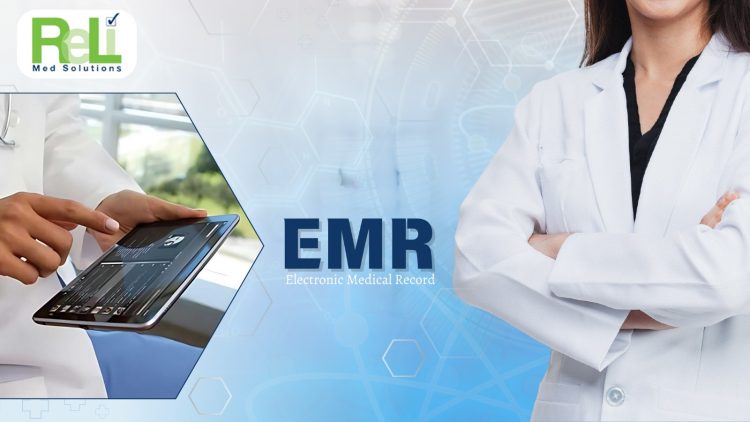Cloud-Based EMR Solutions vs. Traditional Systems: Which Suits Small Practices Best?
Cloud-based EMR Solutions are very useful for managing patient data. Small medical practices often face issues when choosing between old systems and new cloud-based options. The decision is not always easy because both types have their benefits and issues. Understanding the differences is important to pick the best EMR software for your practice. This choice will help your practice run smoothly and work better. Cloud-based systems can save time and effort, making it easier to keep track of patient data and improve the overall workflow.
Exploring the Challenges of Traditional Systems
Traditional systems often need servers at the office and cost a lot for hardware and upkeep. Because they are expensive, they might not be good for smaller practices. When updates are needed, they can slow down daily work and make it harder to manage Medical Records. These systems also cannot easily grow, so practices may have problems when they expand or need more features. However, for those who want full control over their system, a traditional system can still be a good choice to think about.
Cloud-Based EMR Solutions vs. Traditional Systems
Cloud-Based EMR Solutions are more flexible and cheaper than traditional systems. They need less hardware and allow workers to access data from anywhere. Since these systems work online, they are easy to raise and connect with other tools like FHIR for sharing info. However, some people may still like traditional systems if they want to keep data within their own office. If you care about easy access and growth, cloud-based EMRs provide smooth updates and better workflows. The choice depends on what your practice needs the most.
Alternatives to Cloud-Based EMRs: What You Need to Know
If cloud-based or traditional systems don’t work for you, hybrid models might be a good choice. These systems mix local servers with cloud access, giving you control and flexibility. Some practices use third-party hosting, which is easy to use and secure, making it a good option for practices with special needs. However, it’s important to choose a trusted provider, as any problems could affect how data is handled or how Medical Records are stored.
How to Overcome Hurdles in Moving to Cloud EMR?
Switching to Cloud-Based EMR Solutions can be difficult. especially for RCM processes. For example, moving data from old systems to cloud platforms can be tricky. If the internet connection is bad, accessing records might be hard. Since security is very important in health care, it’s necessary to make sure Medical Records are properly encrypted. However, these problems can be solved with careful planning and help. Even though there are some changes at first, cloud-based systems offer long-term benefits like better growth and easier connection with tools like FHIR.
Simplify Your EMR Needs with ReLi Med Solutions
ReLi Med Solutions offers simple Cloud-Based EMR solutions for small medical offices. Their system keeps patient data safe and helps you manage records easily. If you want to improve your practice without extra work, ReLi Med Solutions is a good choice. Their tools make daily tasks faster and help with billing, saving you time and money. Visit their website to see how ReLi Med Solutions can make your practice run smoothly and provide better care for your patients.
Choosing EMR software for small practice is important to keep patient information organized. Different systems have different features, so it’s important to think about what your practice needs. If you want easy access, lower costs, and the ability to connect with tools like FHIR, a cloud-based system could be a good choice. But if you care more about keeping data in your office and having full control, a traditional or hybrid system might work better. Take time to compare your options and choose the system that helps your practice grow.

